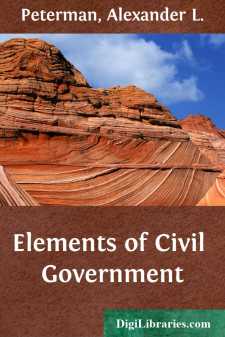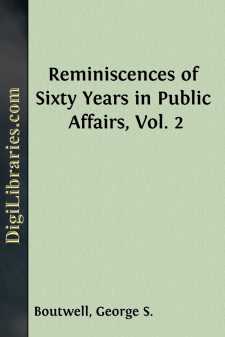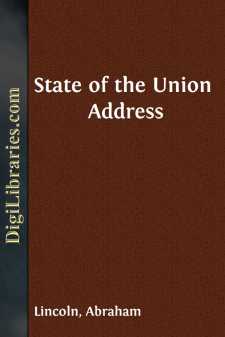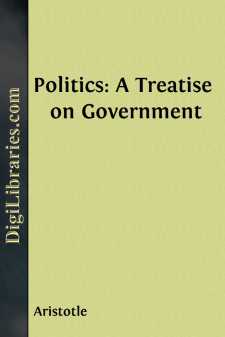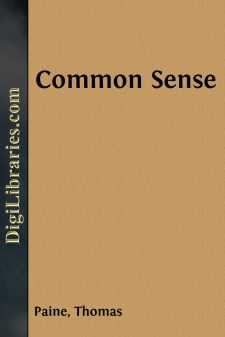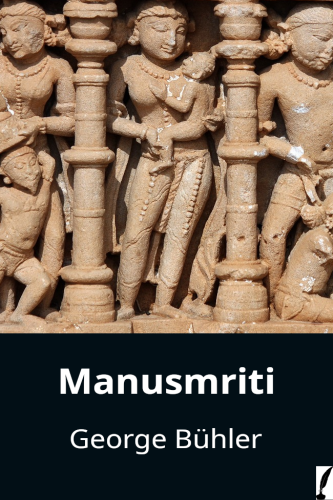Categories
- Antiques & Collectibles 13
- Architecture 36
- Art 48
- Bibles 22
- Biography & Autobiography 813
- Body, Mind & Spirit 141
- Business & Economics 28
- Children's Books 12
- Children's Fiction 9
- Computers 4
- Cooking 94
- Crafts & Hobbies 4
- Drama 346
- Education 46
- Family & Relationships 57
- Fiction 11826
- Games 19
- Gardening 17
- Health & Fitness 34
- History 1377
- House & Home 1
- Humor 147
- Juvenile Fiction 1873
- Juvenile Nonfiction 202
- Language Arts & Disciplines 88
- Law 16
- Literary Collections 686
- Literary Criticism 179
- Mathematics 13
- Medical 41
- Music 40
- Nature 179
- Non-Classifiable 1768
- Performing Arts 7
- Periodicals 1453
- Philosophy 64
- Photography 2
- Poetry 896
- Political Science 203
- Psychology 42
- Reference 154
- Religion 513
- Science 126
- Self-Help 83
- Social Science 81
- Sports & Recreation 34
- Study Aids 3
- Technology & Engineering 59
- Transportation 23
- Travel 463
- True Crime 29
Elements of Civil Government
Categories:
Description:
Excerpt
CHAPTER I.
INTRODUCTORY.[1]--People living in the United States owe respect and obedience to not less than four different governments; that is, to four forms of organized authority. They have duties, as citizens of a township or civil district, as citizens of a county, as citizens of some one of the States, and as citizens of the United States. All persons are, or have been, members of a family; some also live under a village or city government; and most children are subject to the government, of some school. Many people in this country live under six governments--namely, the family, the township or civil district, the village or city, the county, the State, and the United States; while children who live in villages or cities, and attend school, are subject to seven different governments. These organizations are so closely related that the duties of the people as citizens of one do not conflict with their duties as citizens of the others. The better citizen a person is of one of these governments the better citizen he is of all governments under which he lives.
DEFINITION.--Each of us is a member of some family. We were born into the family circle, and our parents first taught us to obey. By insisting upon obedience, parents govern their children, and thus keep them from evil and from danger. The family, then, is a form of government, established for the good of the children themselves, and the first government that each of us must obey.
PURPOSES.--The family exists for the rearing and training of children, and for the happiness and prosperity of parents. All children need the comforts and restraints of home life. They are growing up to be citizens and rulers of the country, and should learn to rule by first learning to obey. The lessons of home prepare them for life and for citizenship.
MEMBERS.
The members of the family are the father, the mother, and the children; and the family government exists for all, especially for the children, that they may be protected, guided, and taught to become useful men and women. The welfare of each and of all depends upon the family government, upon the care of the parents and the obedience of the children.
RIGHTS.--The members have certain rights; that is, certain just claims upon the family. Each has a right to all the care and protection that the family can give: a right to be kindly treated; a right to be spoken to in a polite manner; a right to food, clothing, shelter, and an opportunity to acquire an education; a right to the advice and warning of the older members; a right to the respect of all.
DUTIES.--As each of the members has his rights, each also has his duties; for where a right exists, a duty always exists with it. It is the duty of each to treat the others kindly; to teach them what is right and what is wrong; to aid them in their work; to comfort them in their sorrows; and to rejoice with them in their gladness. It is the duty of the children to love their parents; to obey them in all things; to respect older persons; and to abstain from bad habits and bad language.
...

